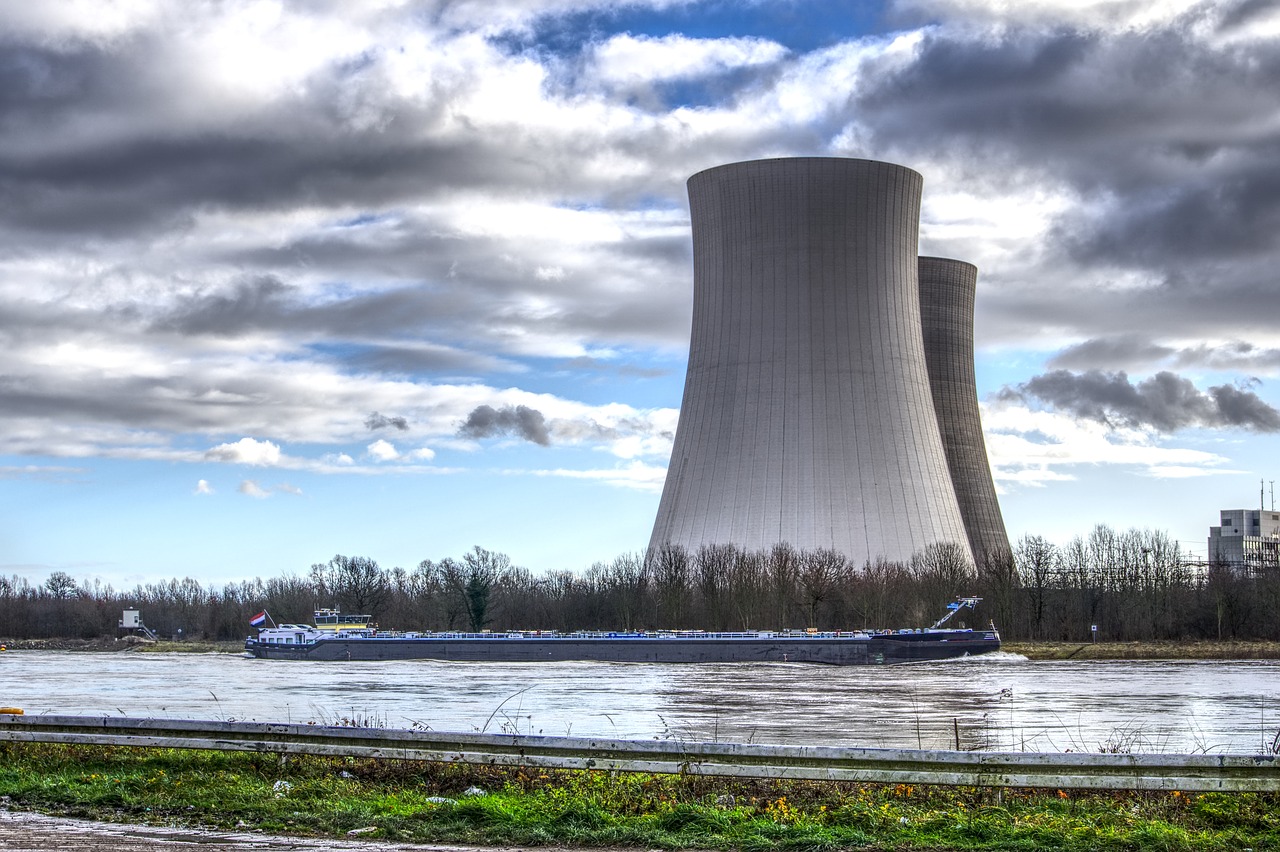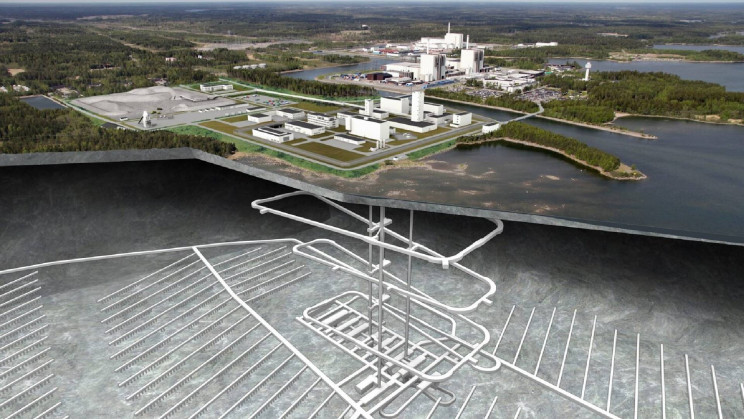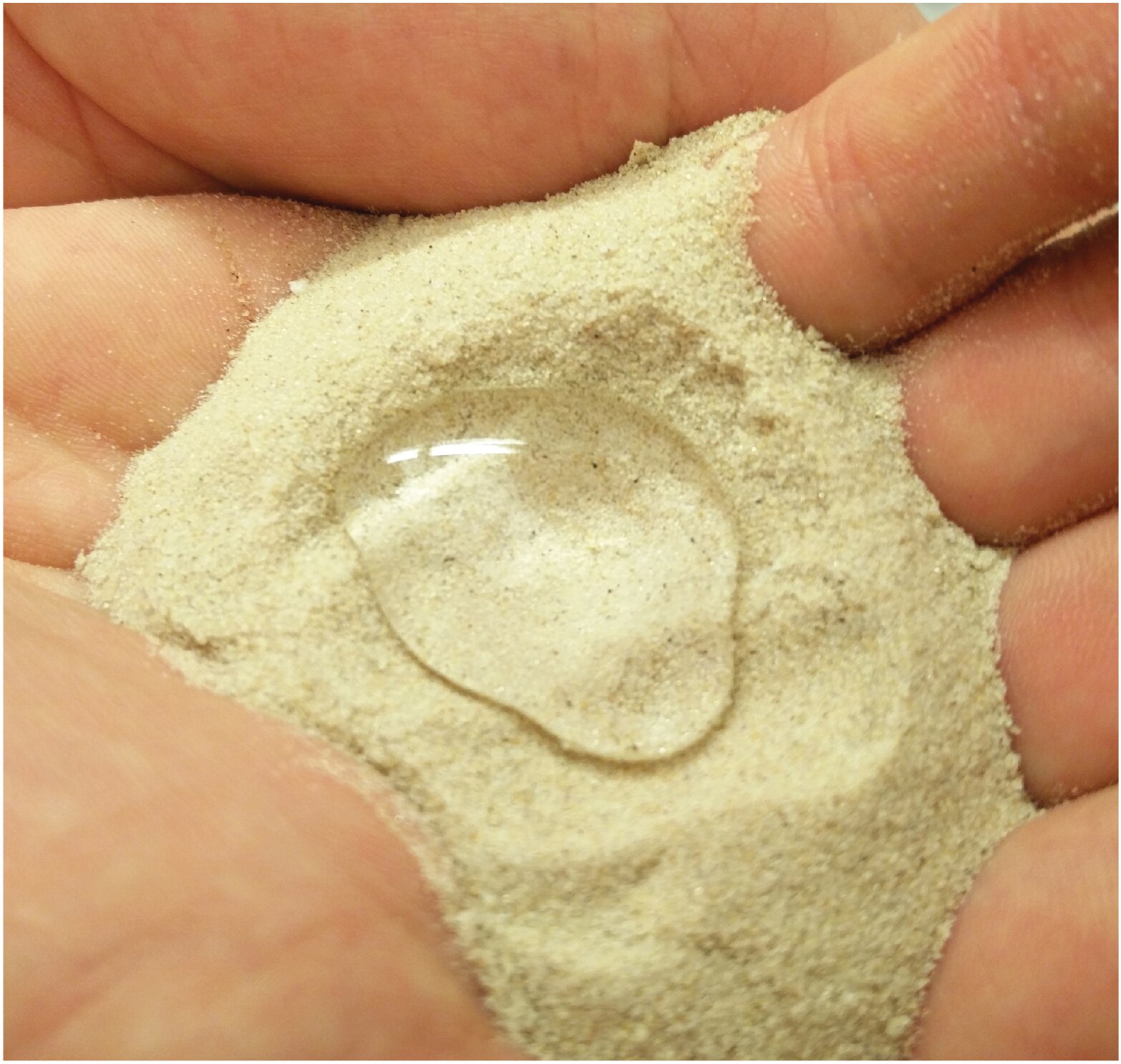In the years that followed the nuclear disaster that struck the Fukushima Daichi nuclear power plant in 2011, engineers had to deal with the cooling of the collapsed reactor as well as the management of the contaminated water in the facility. Apart from the large amounts of that water that were discharged into the Pacific Ocean right after the accident, the rest was stored in the plant area.
The plan was to store 1.25 million cubic meters of contaminated water collected from the area and “purify it” as much as possible by removing all radionuclides except tritium. In about a year from now, the 1,000 tanks that store water at the facility will fill up, so the Japanese authorities had to make a decision, and they decided to release it into the sea.
This has caused great concerns both in Japan and in neighboring countries, as people are worried about the effects that such a move would have on their health and safety. Locals called the decision disappointing, and foreigners characterized it as irresponsible.
Prime Minister Yoshihide Suga stated that the water has been purified enough to bring the radioactive elements down to concentrations that are below the maximum permissible level in the country, so it’s safe to release it to the environment without fearing long-term or acute effects.
Suga added that releasing the water is the only realistic and feasible option to continue the Fukushima recovery process. Building more tanks in the area and continuing storing water will just perpetuate a vicious circle for decades, not helping in clearing up the area of danger.
The water won’t be released as it is, but after it is diluted with the required amounts of non-contaminated water, to ensure that the resulting concentrations are safe. As such, it will take decades to empty all those tanks, and the work is set to begin in two years.
Whether we agree with this approach or not, it is commendable that Japan is at least being transparent, something that we can’t say for other nuclear power plant operators who are doing the exact same thing, even if at a lower scale, but without disclosing it to the public.







